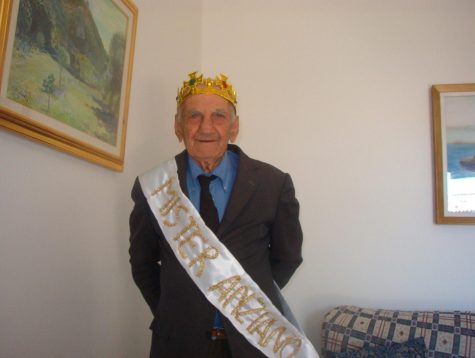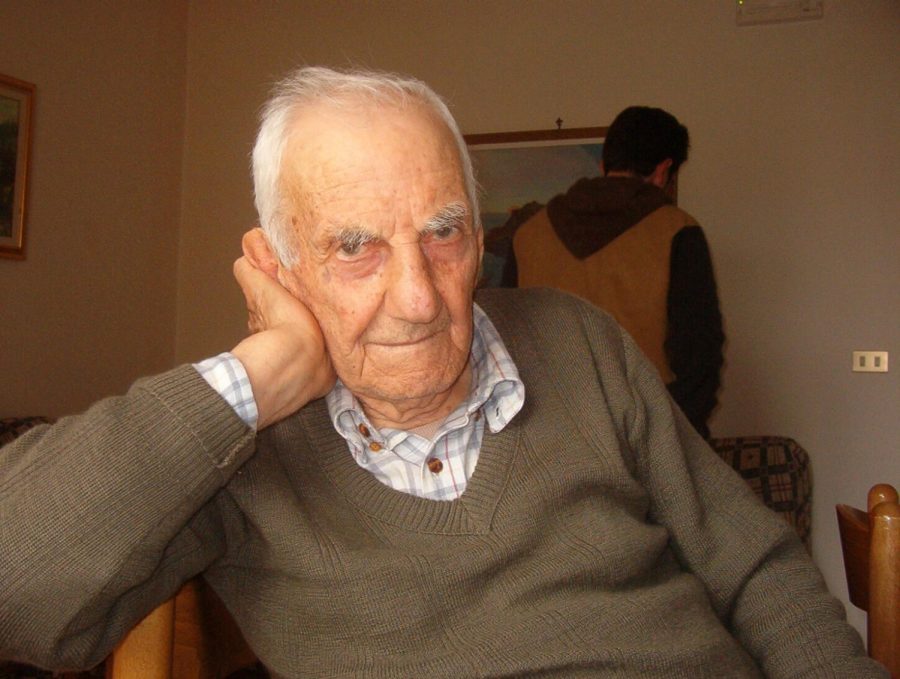He’s 108 and he’s got stories
March 8, 2022
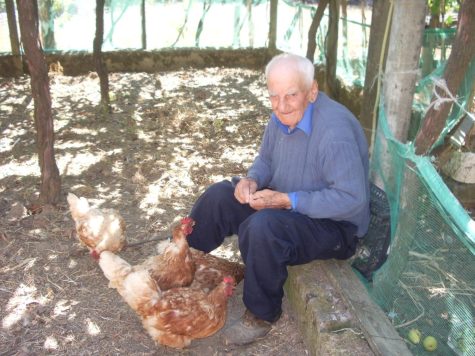
Life is the product of experiences, and some experiences are more important than others.
Felice Magliano has had an intense life and made unique memories. Some of them disproportionately affected his life – although he has a long list.
He turned 108 years old on November 2, and he is considered one of the oldest living individuals in Italy. His WWII experiences significantly shaped his life.
In the village of San Giovanni a Piro, everyone knows him as Uncle Felice. Not everybody would know what he has been through in life if it wasn’t for his age. His story would have been lost. Due to his long life, many people come to visit him and have conversations with him.
After his last birthday, when he turned 108, many asked to interview him – many have gotten interested in his story, trying to find the secret for long life. But there’s another kind of tale that he likes to tell. The story is about his battle for freedom in his youth.
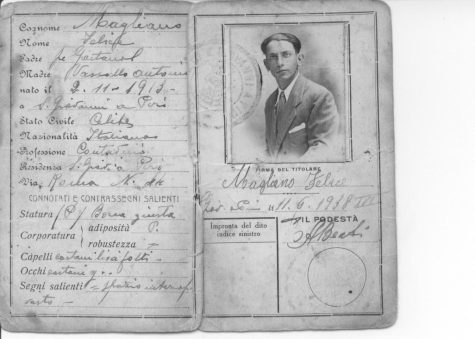
He proudly keeps stating, despite the years, his position against fascism–a demon who raged over Italy and ruined decades of history and democracy.
“I wasn’t fascist – I was with the Allies, not with the Germans.” In fascist Italy, at that time, people weren’t free. Uncle Felice wasn’t free, and his only option to protect his idea was to fight. So he did.
Youth, ideals, strength, liberty, democracy, are beautiful values. People were
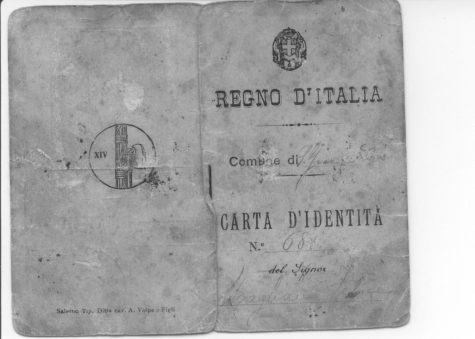
motivated to fight for something as valuable as freedom. But something for Uncle Felice went wrong.
“After all the sacrifices we made on those mountains
[where the Italian opposition would hide], we even had to be prisoners.” So he was caught and his journey moving from camp to camp started.
“At first, they brought us to Albania, which was kinda close [to the place they were fighting], and, from there, we walked to Serbia, to the city of Niche.
With rain, with wind – no excuse, we had to work. We had to wake up at six, and by seven we were already working.”
Life in the camp was tough. It was unfair how not only did the youth have to fight for freedom, a natural right, but they also had to be imprisoned for it.
“I was starving, they would give us little to eat. A fellow asked me if I was sick. ‘I’m hungry’ I said, ‘what they give me is too little’ – so he helped me.” It is outstanding how, even in the most troublesome moments, people can find a way to help others when there’s nothing else left. It is surprising, as well, how war always ends up being about fighting for the buddy next to you, not for an ideal, not for a country. Even when it’s hard; doing it even if it’s impossible to save everybody.
“Somebody died right by me, and I didn’t immediately notice it. We would get down during bombings, so I was just telling him ‘Get up, get up’ … and he was dead.”
But for some, life goes on – it doesn’t matter if some are left behind, ready or not. And Uncle Felice had to move on with it. He had to resist and be strong, to come back to his village, to his dear ones.
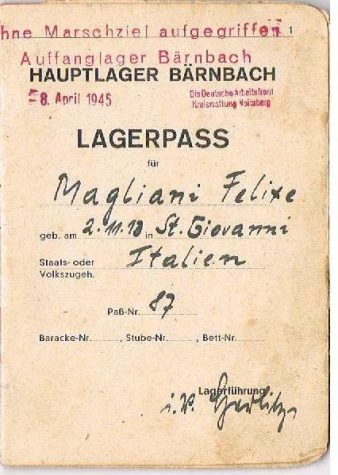
“Then, they moved us to Sarajevo [in Bosnia and Herzegovina]; we stayed there for quite a while. After that, they brought me to another camp in the town of Barnbach, far from Sarajevo – closer to Austria. And we stayed there till after Christmas. After Christmas, they moved us to the concentration camp.
There were Italians, Ukrainians, Greeks, Hungarians, French – it was a mess there. From there, they moved us again and brought us to work in a mine. We worked there for a while, and, at the beginning of May [7th of May, 1945], the partisans [Italian opposition to Fascism and Nazism] came to free us.”
Eventually, Uncle Felice got lucky and got the blessing of receiving his freedom back. He’s still grateful about that moment and this teaches others to appreciate the freedom that we, instead, didn’t have to fight for. “From that moment, I was free. Partisans set us free without messing around, without a single shot – it was such a good thing that none got killed.”
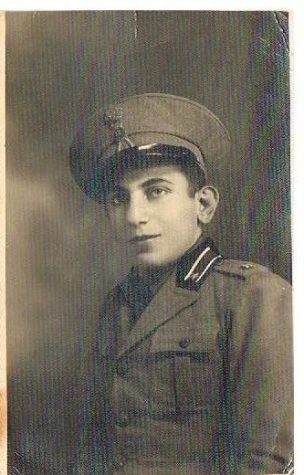
His only message is one and it has always been one: “I wish wars would never happen again. I did the war, but I always pray to
God that there will never be others. We have to stay in peace.” In his life, he always tried to promote peace and everybody’s freedom. Even though he already did a lot for his country, he never stopped in his private life to work his best, especially encouraging young people to remember war and what it means.
And even if now it is not appropriate to talk about wars not occurring ever again, I learned from it. In particular, I learned how to react to pain and
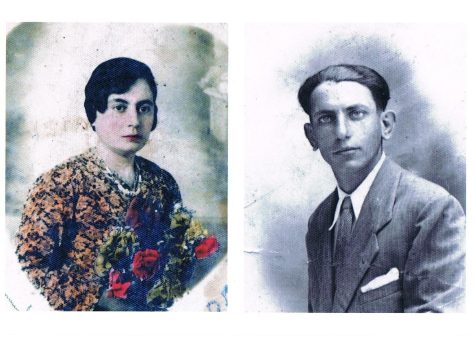
use grit to push through suffering.
In fact, after these events, he came home and built a family. He was already used to a crowded house, growing up with six siblings. Today, his own family consists of two daughters, six grandchildren, and eight great-grandchildren.
Family is something which greatly affected his life and today it supports him every day (also with the challenges of elderly).
Uncle Felice teaches us that life can be affected and scarred by many grievous events. Nevertheless, the extent to which they are going to affect us, depends on us.
It all depends on how we manage to build on them: to be strong and try hard, to build new, more pleasant moments.
